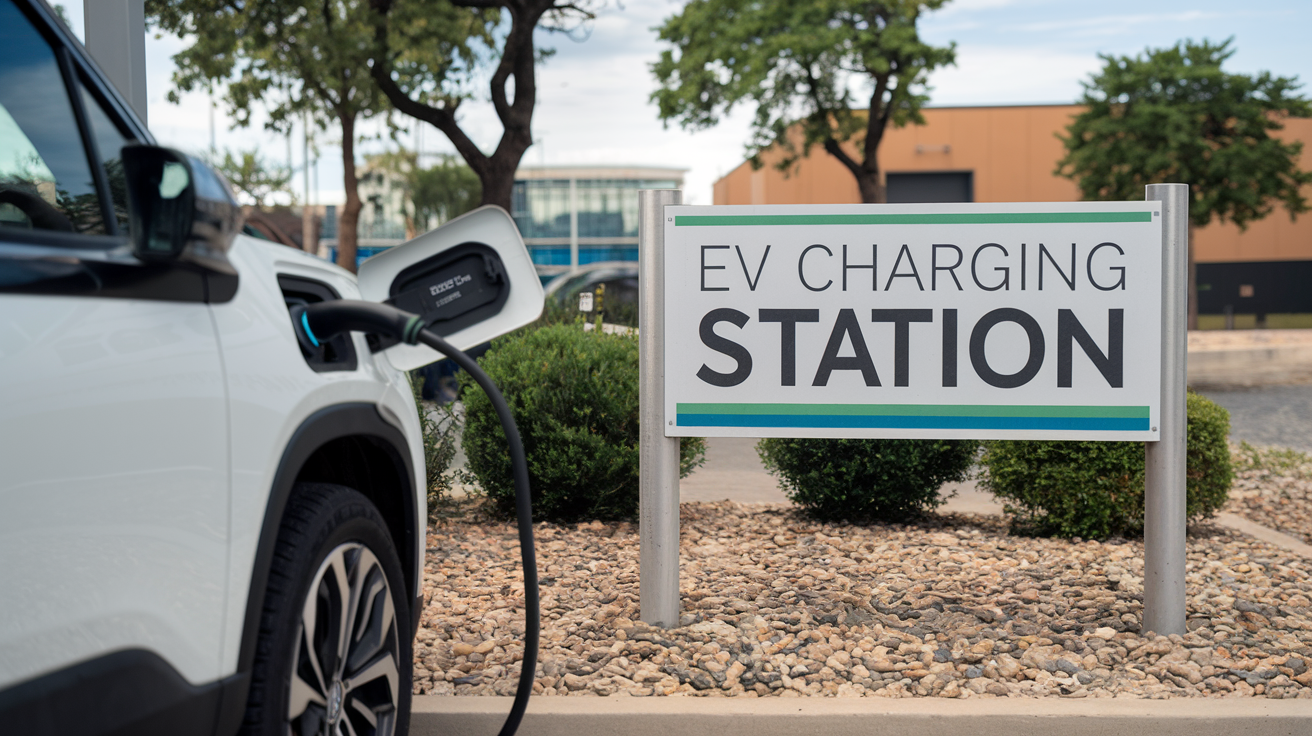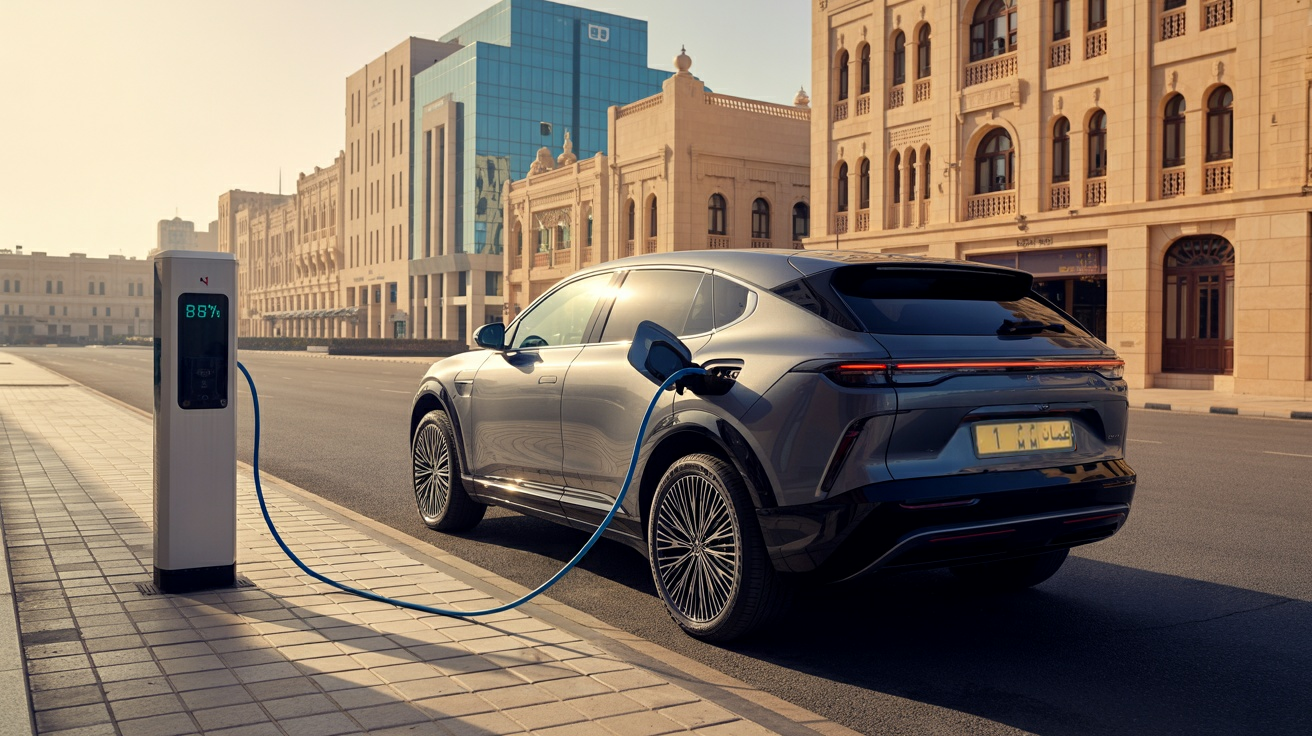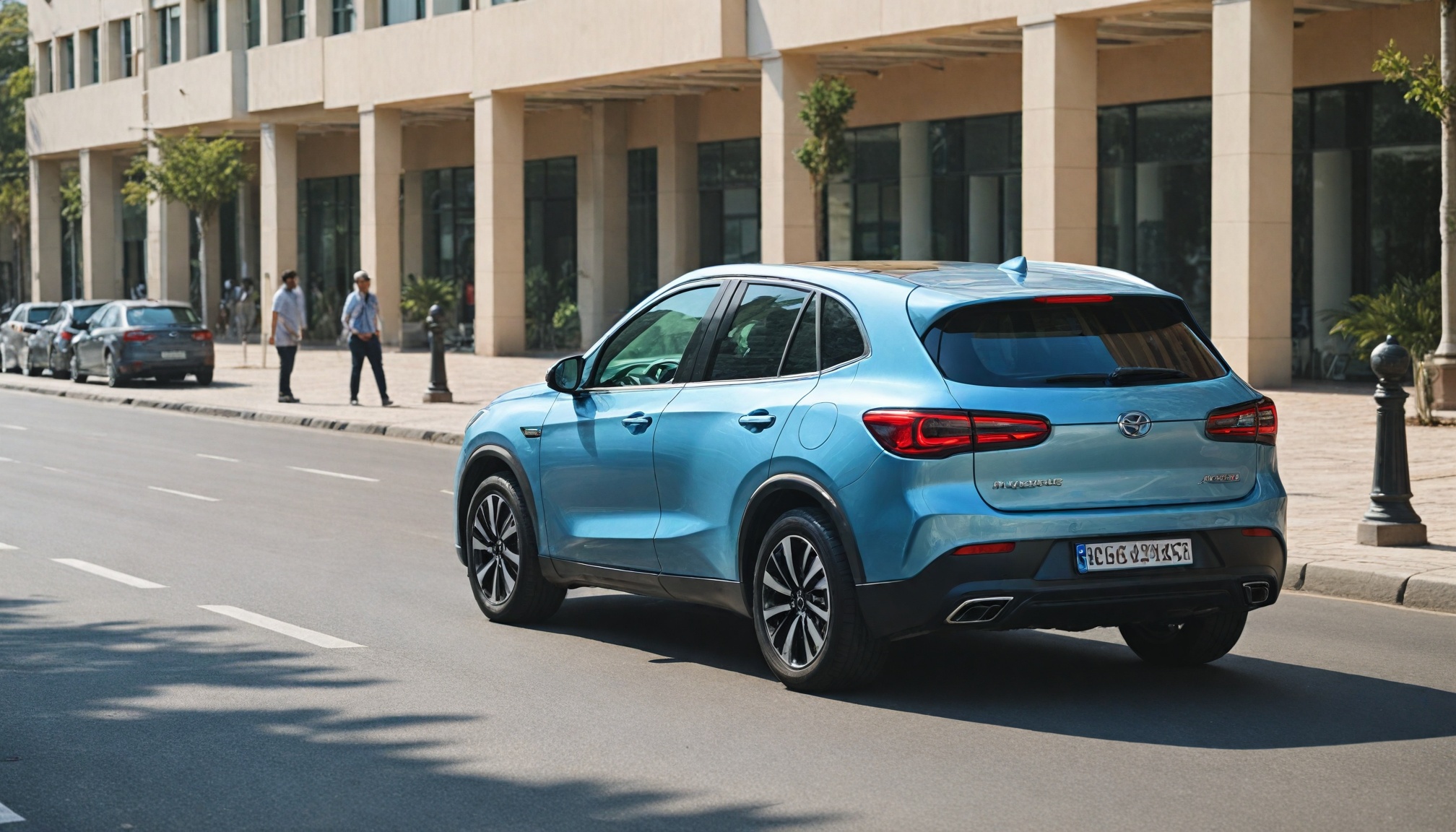
Oman mandates EV insurance coverage, prohibiting denial of policies for electric vehicles. The FSA action supports green initiatives and provides consumer protection for EV owners.

Drivetech Partners
Oman's Financial Services Authority (FSA) has implemented a landmark mandate requiring insurance companies to provide coverage for electric vehicles, following concerns that some insurers were refusing to cover EVs. This regulatory intervention, based on the Motor Vehicle Insurance Law, ensures that EV owners aren't discriminated against in obtaining necessary insurance coverage and supports Oman's broader green transportation initiatives.
Key Takeaways
The FSA identifies insurance denials for EVs as a direct breach of the Motor Vehicles Insurance Law
Insurers must address EV-specific challenges through pricing and underwriting rather than coverage denials
The mandate offers consumer protection for EV owners while enhancing market transparency
This action complements Oman's charging infrastructure development plans
Oman is positioning itself as a regional leader in EV insurance policy development
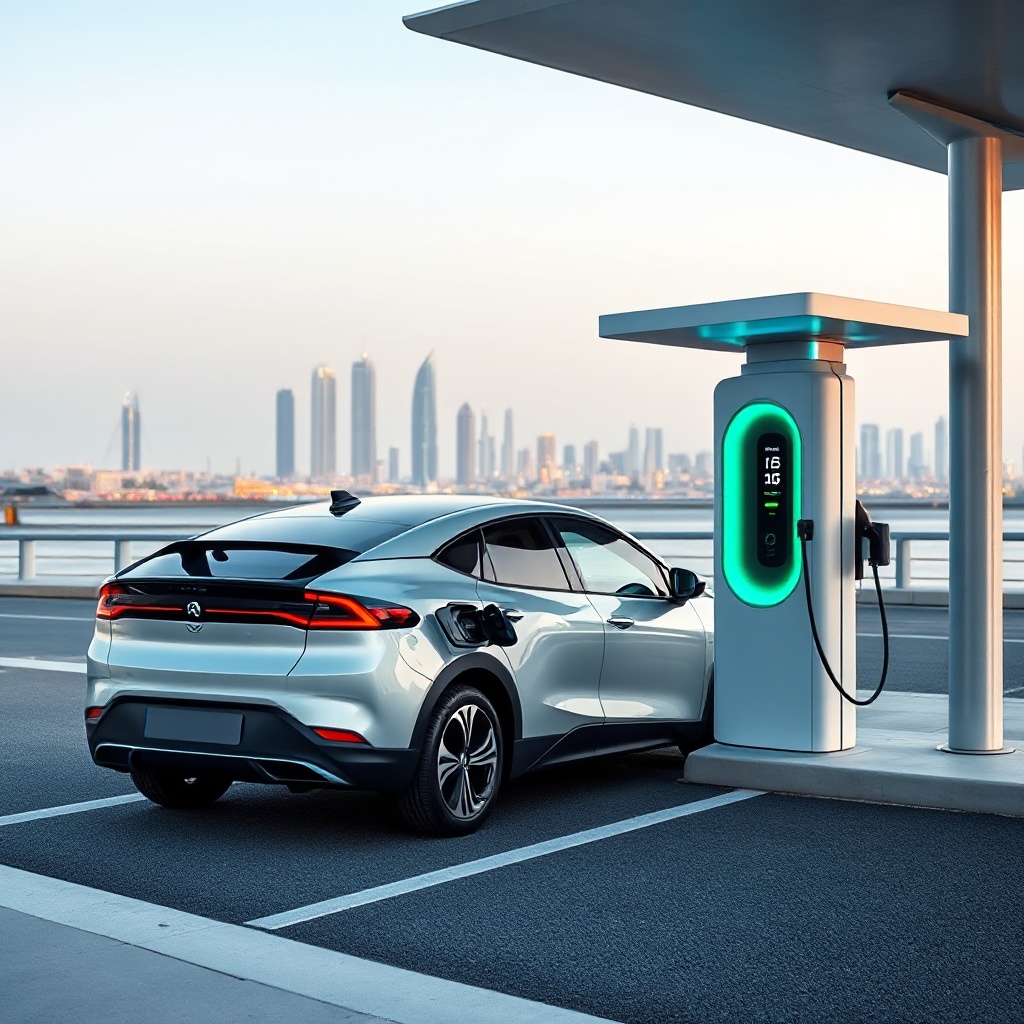
FSA Takes Action Against EV Insurance Denials
Oman's Financial Services Authority has taken decisive action to ensure electric vehicle owners can obtain insurance coverage. The regulatory body recently mandated all insurance and Takaful companies to provide coverage for EVs after receiving reports that some insurers were refusing to cover or renew policies for electric vehicles.
The FSA has clearly identified these refusals as a direct violation of Article (2)(b) of the Motor Vehicles Insurance Law (Royal Decree No. 34/94). The directive came through an official circular addressed to all chief executives and general managers of insurance companies operating in Oman, emphasizing the legal obligation to provide coverage for all vehicle types that meet traffic law requirements.
Legal Foundation and Compliance Requirements
The regulatory action is built on solid legal grounds, highlighting that compulsory vehicle insurance applies universally to all types of vehicles permitted on Omani roads. The FSA clarified that the Motor Vehicle Insurance Law prohibits any exclusions based solely on a vehicle's power source.
Insurance providers must comply with existing laws and cannot refuse coverage for vehicles that satisfy legal requirements for operation on public roads. The FSA has made it clear that EVs meeting traffic law stipulations fall under the same insurance mandate as conventional vehicles, eliminating any legal gray areas that insurers might exploit to deny coverage.
Solutions for EV-Specific Technical Challenges
Rather than allowing technical issues to become barriers to coverage, the FSA has directed insurers to address EV-specific challenges through appropriate underwriting and pricing methods. This practical approach acknowledges the unique aspects of electric vehicles while ensuring they remain insurable.
For situations where spare parts availability or specialized repair facilities pose challenges, insurers are instructed to adapt their policies rather than deny coverage outright. The FSA permits insurers to offer cash compensation in cases where parts or specialized repair services are unavailable, but emphasizes that this cannot affect the fundamental right to insurance coverage.
This balanced approach allows insurance companies to:
Adjust premiums to account for EV-specific risks
Develop specialized underwriting procedures for electric vehicles
Offer cash compensation options where repair logistics are challenging
Create new insurance products tailored to EV owners' needs
Consumer Protection and Market Transparency
The FSA's mandate serves as a significant consumer protection measure, safeguarding EV owners' rights to obtain compulsory insurance without discrimination. By preventing arbitrary exclusions in vehicle insurance, the regulation promotes fair treatment of all vehicle owners regardless of their choice of propulsion technology.
This regulatory stance also enhances transparency within Oman's insurance market, establishing clear expectations for both insurers and consumers. EV owners can now confidently purchase vehicles knowing that insurance coverage won't be arbitrarily denied, removing a potential barrier to adoption of cleaner transportation options.
Alignment with National EV Infrastructure Development
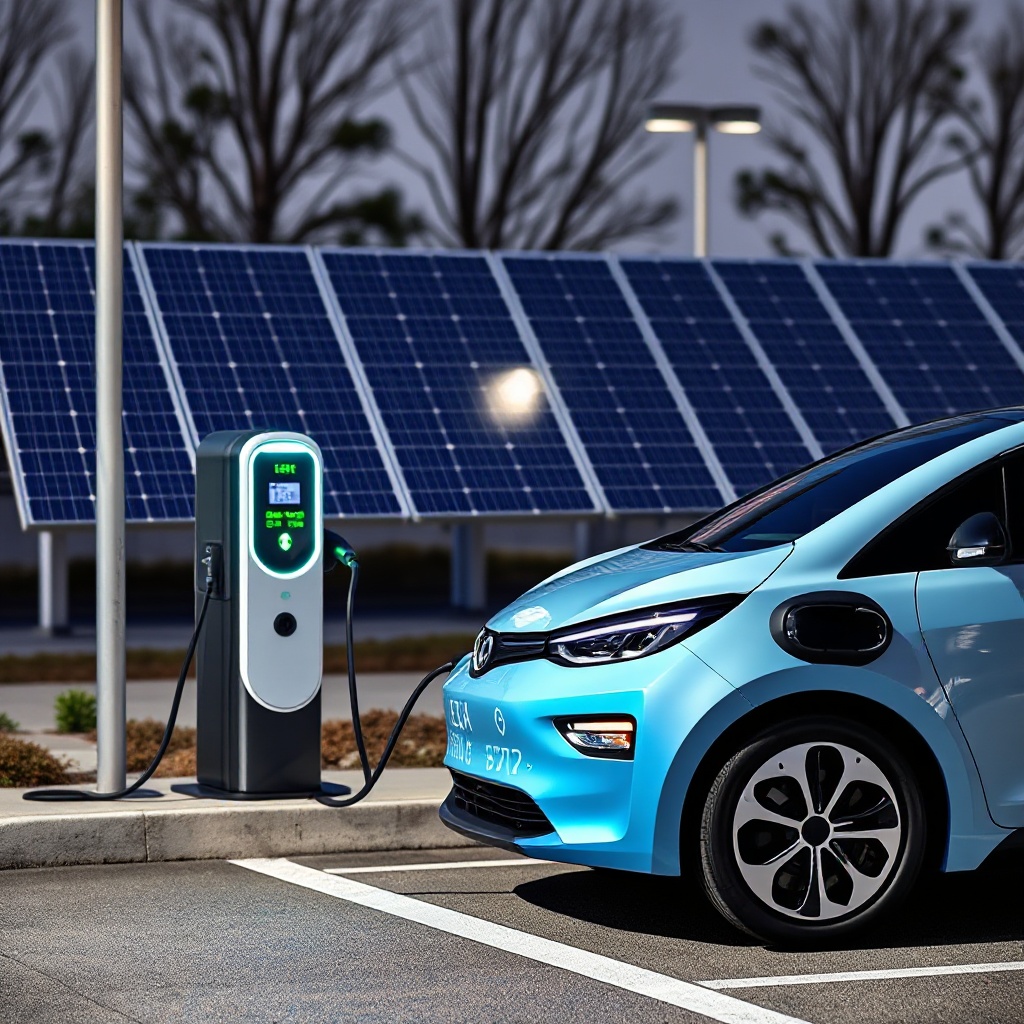
The FSA's insurance mandate doesn't exist in isolation—it complements Oman's broader initiatives to build a comprehensive EV ecosystem. The Authority for Public Services Regulation (APSR) has established frameworks for electric vehicle charging infrastructure, including legal guidelines for charging sectors and technical standards for grid connections.
Oman is making significant progress in deploying the necessary infrastructure to support EV adoption. According to recent data, about 55% of the national smart electricity meter target has been reached as of August 2024. This deployment is expected to reach 70% by the end of 2024 and complete nationwide coverage by the end of 2025.
These parallel developments in infrastructure and insurance regulation create a more favorable environment for EV adoption, addressing both practical operation needs and financial protection concerns.
Sustainability and Energy Transition Goals
The insurance mandate supports Oman's broader sustainability initiatives in the transportation sector. By ensuring insurance availability for EVs, the FSA is indirectly promoting cleaner transport options and contributing to the country's energy transition objectives.
This regulatory action aligns with Oman's national strategy to achieve net-zero emissions targets in the transport sector. The availability of insurance is a critical component of vehicle ownership, and by removing this potential barrier, Oman is facilitating the transition toward more sustainable transportation options.
Regional Leadership and Middle East Market Trends
With this mandate, Oman is positioning itself as a regional leader in EV policy development. The insurance industry across the Middle East is experiencing rapid change due to the rise of electric vehicles and new technologies, with regulatory reforms becoming increasingly common.
Oman's approach to EV insurance may influence other markets in the region as electric vehicle adoption increases. The balance struck between consumer protection and acknowledging the technical challenges faced by insurers provides a potential template for other countries facing similar transitions in their automotive and insurance sectors.
As the Middle East continues to diversify its economies and embrace sustainable technologies, regulatory frameworks like Oman's EV insurance mandate represent important steps in creating supportive environments for innovation while maintaining consumer protections.
Sources
Muscat Daily: Insurers cannot deny EV coverage, says FSA
The Arabian Stories: Insurance companies in Oman mandated to provide coverage for electric vehicles
ZAWYA: Oman expands smart meters, EV infrastructure
ME Insurance Review: Middle East insurance industry adapting to new technologies



